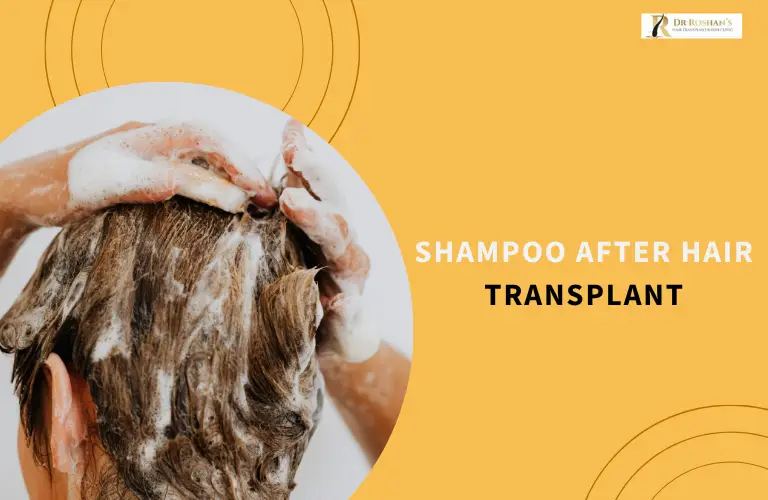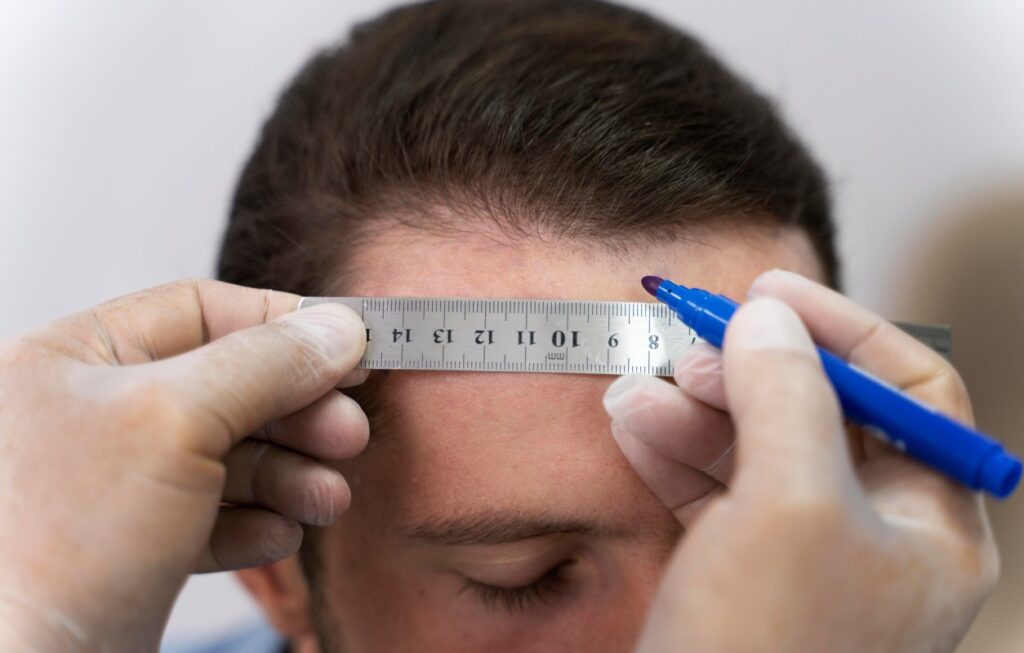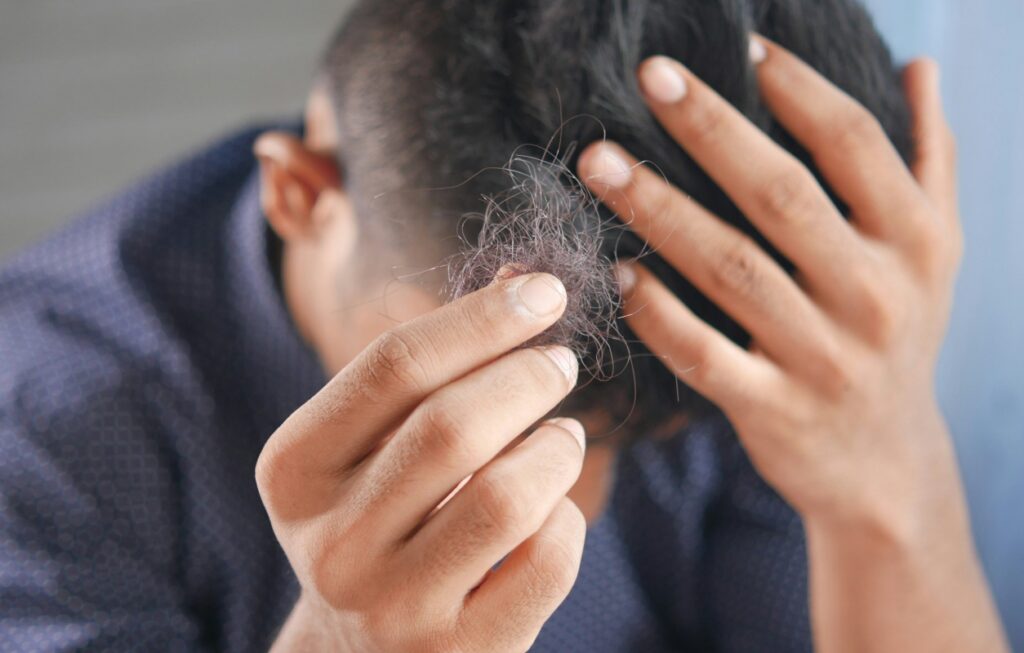Hair transplants are a transformative process that can provide lasting results for those who suffer from loss of hair. If you’re going through the follicular unit extraction (FUE) or Follicular Unit Transplantation (FUT) the proper treatment after the procedure is vital to get the most effective outcomes. A crucial part of post-transplant maintenance is washing your hair. While you may be excited to wash your hair with shampoo after the transplant, it’s crucial to follow specific guidelines during your first week in order to aid in healing and avoid complications.
If you’ve had the procedure of hair transplant surgery in Bangalore and are interested in understanding the correct methods and products for washing can make a huge improvement in your healing. In this blog, we’ll provide you with the essential information you need about shampooing following a hair transplant.
The First Few Days After Your Hair Transplant
The first few days after the transplant of your hair are vital. At this point the newly transplanted hair follicles will be susceptible. The scalp is delicate, and you must ensure that you take care when dealing with it.
-
Do not shampoo for the first 24-48 hours: After your procedure, doctors generally recommend avoiding washing your hair for at least 24 hours. This will allow the newly transplanted hair follicles to heal and decrease the chance of removing any transplants. If you wash too early, it can interfere with healing and could affect the outcome in the process of transplantation.
-
Avoid scratching or rubbing your scalp: Although your hair may feel a bit itchy or swollen after the procedure, it’s important not to rub or scratch it. This could cause irritation to the hair follicles that have been transplanted and result in an infection or even a failure of the graft.
The First Shampoo Wash: When Can You Begin?
Following the initial 48 hours, the majority of hair transplant experts recommend gentle washing your hair using mild and non-irritating shampoo. This is a vital part of the process, and must be performed cautiously.
-
Make use of a mild shampoo: Choose a gentle shampoo, free of sulfate, to ensure that you don’t irritate your sensitive scalp. A lot of surgeons suggest a particular shampoo specifically designed for post-transplant treatment and follow the advice of your doctor. A shampoo that isn’t appropriate can dry your scalp and create more irritation, which can hinder your the recovery process.
-
Dilute the shampoo: To reduce the roughness of the shampoo, dilute it by applying water on your scalp. This will help distribute the shampoo without applying it directly to sensitive areas.
-
Pat Don’t rub: When washing your hair, gently rub your scalp with your fingers. Avoid massaging or rubbing the scalp as this can damage hair follicles and create unnecessary stress on the skin.
-
Use Lukewarm water: Make sure the water temperature is not too hot since hot water could cause irritation to the scalp, while cold water could cause irritation. Rinse your hair gently without using too excessive pressure.
2-4 Weeks After Hair Transplant: How to Care for Your Scalp
Within the first few months following your transplant, the grafts will begin to adjust to their new location. It is important to keep them clean but be mindful not to disturb this healing procedure.
-
Be gentle with your scalp: For the first few weeks, you should avoid intense massage or scrubbing. Applying gentle pressure to the scalp is the best method.
-
Hair Frequency Rinse your hair at least twice a week. Over-washing may cause dryness. Washing often enough can lead to hair build-up or infections. Follow the regimen recommended by your doctor.
-
Avoid hair dryers: Heat can stress the follicles which have just been transplanted so it is best to avoid blow-dryers or any other tools for styling in the initial few weeks.
4-6 Weeks After Hair Transplant: When Your Hair Starts to Heal
In this stage, most of the transplanted hair follicles will be permanently incorporated into your scalp. At this point, you are able to begin introducing more normal regimen for your haircare.
-
Resume Normal Hairwashing In the course of four or six weeks you may generally start washing your hair more often. Always use a gentle shampoo and stay clear of chemicals that are harsh and corrosive. This is the best time to start using light, nourishing shampoos which will not interfere with your skin’s process of healing.
-
Shampoo ingredients to Search For: Choose shampoos containing natural ingredients such as aloe vera coconut oil, aloe vera, or tea tree oils. They help to soothe your scalp and reduce dryness. Avoid products containing alcohol, parabens or Sulfates as they can affect the scalp and delay your healing.
Key Shampooing Tips for Post-Hair Transplant Care
-
Avoid scratching: As your transplanted hair grows itching may occur. It’s important avoid scratching your head because it can cause damage to your hair’s follicles. Apply a mild moisturizing shampoo that will ease any irritation.
-
Keep Your Hair Moisturized: Hydrated scalp and hair are vital to ensure proper healing. Be sure to use a moisturizing shampoo in order to keep your scalp healthy.
-
Be cautious with hair products: After the first month, you may introduce hair serums, hair gels and conditioners, but use them in a controlled manner. Make sure to choose products that don’t contain alcohol and don’t contain harsh chemicals.
-
Follow your doctor’s instructions: Always adhere to the instructions given by your surgeon who performed the hair transplant. Certain types of transplants could have different instructions for care; therefore, a personal consultation with your doctor is crucial.
Conclusion: Taking Care of Your Hair Post-Transplant
Hair care after a transplant, especially in regard to shampooing, is crucial in achieving maximum outcomes. It is vital to take your scalp’s needs into consideration and not rush the process of healing. If you follow the right guidelines and pick the correct shampoo, you will be able to maximize the results of the hair transplant in Bangalore and get lasting, healthy results.
Keep in mind that patience is essential following your hair transplant. While washing your hair is an important part of recovery, it’s equally crucial to follow the post-procedure guidelines to ensure the best result.
If you’re thinking about a hair transplant procedure in Bangalore, make sure that you select a clinic that has experienced and knowledgeable professionals who will help you through each stage of recovery. With the proper products and following the proper precautions, you’ll be able to benefit from the new hair for a long time to follow.



